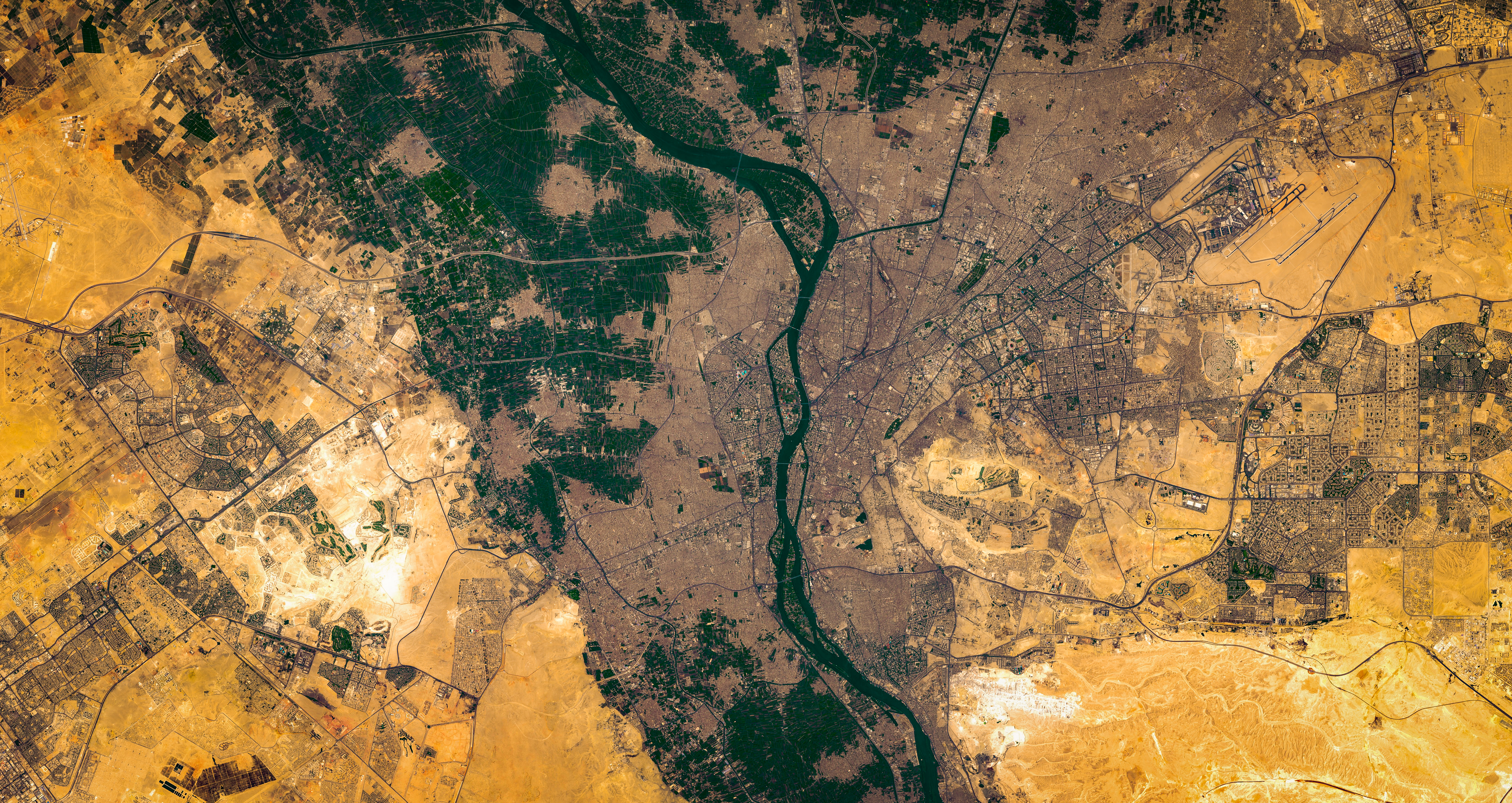Transboundary River Basin Governance: A Case of the Mekong River Basin
4.6 (369) In stock

Conflict and cooperation are key governance challenges in transboundary river basin governance, especially in the Mekong River Basin. Hydropower dams have been at the center of such a conflict and cooperation that are useful metrics to assess the level and intensity of conflict and cooperation in transboundary river basin governance. This study examines transboundary river basin cooperation in the Mekong through the lens of hydropower dam projects. It uses a literature review and a case study of the Lower Sasan 2 (LS2) Dam to analyze the conflict and cooperation in the Mekong region, from the era of the US influence in the Cold War, the post-Cold War period, and the present-day with the rise of China. It concludes that Mekong river basin cooperation has evolved as a result of external influences and internal competition by riparian states over Mekong resources. The LS2 was identified in 1961 by US-supported hydropower studies and then by the GMS/ADB in 1998, but left unattended until 2007 when Vietnam signed an agreement with Cambodia to undertake a feasibility study in 2008. It took 16 years to get the LS2 built by a Chinese company in 2014 and completed it in 2017. Through the process, the states, powerful external actors, financial institutions, and private sector actors have politicized the LS2 studies, design, and construction. Cambodia, as a weak downstream state, has had to and must continue to position itself strategically in its relationships with these hydro-hegemons to compete for hydropower dam projects and protect its interests. The rise of China has induced the changing relationship between riparian states. Many hydropower dams were built with Chinese funding. Cambodia has also enjoyed its close ties with China, and the building of the LS2 dam by a Chinese company contributes to changing its positions in the Mekong cooperation but suffers environmental and social impacts.

Mekong River Basin Regional Legal Framework

PDF) Riverine food environments and food security: a case study of the Mekong River, Cambodia

River Basin Management - Sustainability Issues and Planning Strategies

The Governance of Transboundary Rivers Across the World – EuropeNow

Guidelines for Transboundary Environmental Impact Assessment in the Lower Mekong River Basin (TbEIA)

Important Criteria of Sustainable City Tourism Among Stakeholders

PDF] Rethinking transboundary waters: A critical hydropolitics of the Mekong basin

Improving transboundary water management in the Mekong River

PDF) Management of Transboundary Water Resources Case Study: Mekong River

Funding and financing of transboundary water cooperation and basin development by Christina Dian Parmionova - Issuu

River Basin Management - Sustainability Issues and Planning Strategies
Define the term Drainage and Drainage Basin - GeeksforGeeks
Stunning river basin map Climate and Agriculture in the Southeast
About the French Broad River Basin – French Broad River Partnership
 Hammock Support Pouch Underwear For Men Big And Tall Underwear For Men Flyless US 3X Tuxedo
Hammock Support Pouch Underwear For Men Big And Tall Underwear For Men Flyless US 3X Tuxedo Nunubee Faux Silk Women's Pajamas Set Long Sleeve Sleepwear Strawberry Print Loungewear with Top & Pants/Bottoms Pink - XL : : Clothing, Shoes & Accessories
Nunubee Faux Silk Women's Pajamas Set Long Sleeve Sleepwear Strawberry Print Loungewear with Top & Pants/Bottoms Pink - XL : : Clothing, Shoes & Accessories Selente My Secret Women's Lace Bra Large Size (D-Cup - J-Cup) Made
Selente My Secret Women's Lace Bra Large Size (D-Cup - J-Cup) Made Yoga Pilates Ring Slimming Body Building Training Fitness Body Circle Tool
Yoga Pilates Ring Slimming Body Building Training Fitness Body Circle Tool Carley Varley - About
Carley Varley - About Wilderness Pocket Tunic – ShopThisIsIt
Wilderness Pocket Tunic – ShopThisIsIt